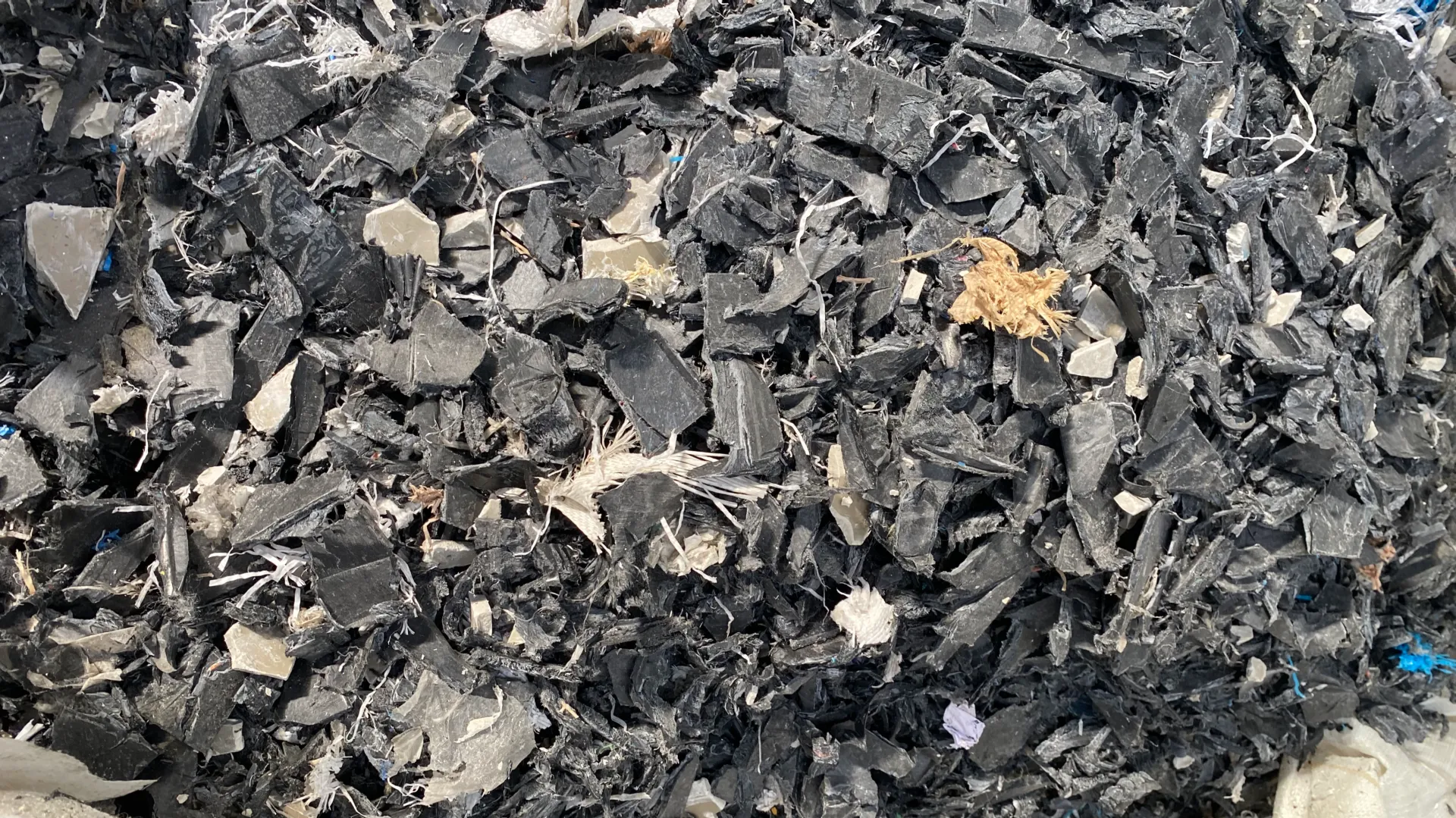Industrial shredders play an indispensable role in the recycling of plastics, serving as the foundational step in the processing chain that turns plastic waste into reusable materials. Their primary function is to reduce the size of plastic materials to make subsequent processing more efficient and effective. Here’s a detailed look at the critical role industrial shredders play in the initial stages of plastic recycling:
1. Preparation for Recycling
Before plastic waste can be recycled, it must first be collected, sorted, and cleaned. Industrial shredders step in after this initial sorting phase. They handle a wide range of plastic products, from rigid and bulky items like PVC pipes and plastic drums to softer materials such as plastic bags and wraps. The shredding process breaks these materials down into smaller, manageable pieces, which are easier to process further.
2. Size Reduction
One of the primary benefits of using an industrial shredder in plastic recycling is the significant reduction in material size. This size reduction is crucial because smaller pieces of plastic:
- Increase Surface Area: Smaller pieces have a larger surface area relative to their volume, which improves the efficiency of subsequent washing and separation processes.
- Facilitate Handling: Reduced size makes it easier to handle and transport the materials within the recycling facility and to other locations.
- Enhance Sorting Efficiency: After shredding, plastics are easier to sort into various types of polymers, improving the quality and purity of the recycled material.
3. Volume Reduction
Shredding also reduces the volume of plastic waste, which has several benefits:
- Cost-Effective Transportation: Lower volume reduces transportation costs, as more material can be transported in a single load.
- Space Efficiency: Facilities can store more processed material in less space, which is particularly beneficial for facilities with limited space.
4. Preparation for Further Processing
After shredding, the plastic pieces are typically subjected to additional processing steps, including:
- Washing: Removes contaminants such as food residue, adhesives, and dirt, which is more effective after shredding due to the increased surface area of the plastic pieces.
- Separation: Various techniques, including density separation in water or air classification, are used to separate different types of plastic materials based on their properties. Smaller, uniform pieces improve the accuracy and efficiency of these separation processes.
- Granulation: Further size reduction into granules or pellets which are then used to manufacture new plastic products.
5. Environmental Impact
By facilitating the efficient recycling of plastic materials, industrial shredders help reduce the environmental impact of plastic waste. They are integral to the process of converting old and discarded plastics into new products, thus reducing the amount of waste sent to landfills and decreasing the need for new raw materials.
6. Adaptability and Innovation
Modern industrial shredders are designed to be adaptable to various types of plastic materials and forms. Innovations in shredder design, such as adjustable rotor speeds, customizable blade configurations, and automatic reverse functions for jam clearance, allow for optimal shredding of diverse plastic materials, further enhancing the recycling process.
In conclusion, industrial shredders are crucial in the initial stages of plastic recycling, where they lay the groundwork for efficient material recovery. By breaking down large and bulky plastic items into smaller pieces, shredders not only streamline the subsequent stages of cleaning and separation but also contribute significantly to the sustainability and effectiveness of recycling operations.



